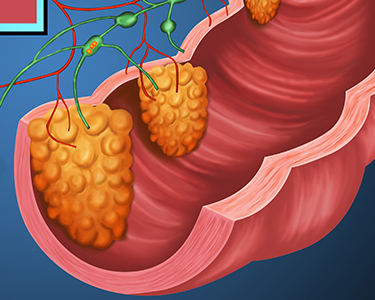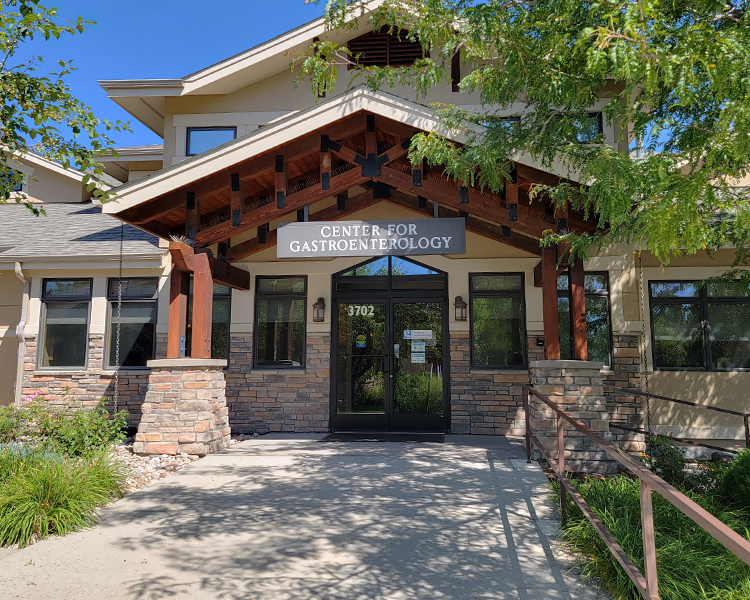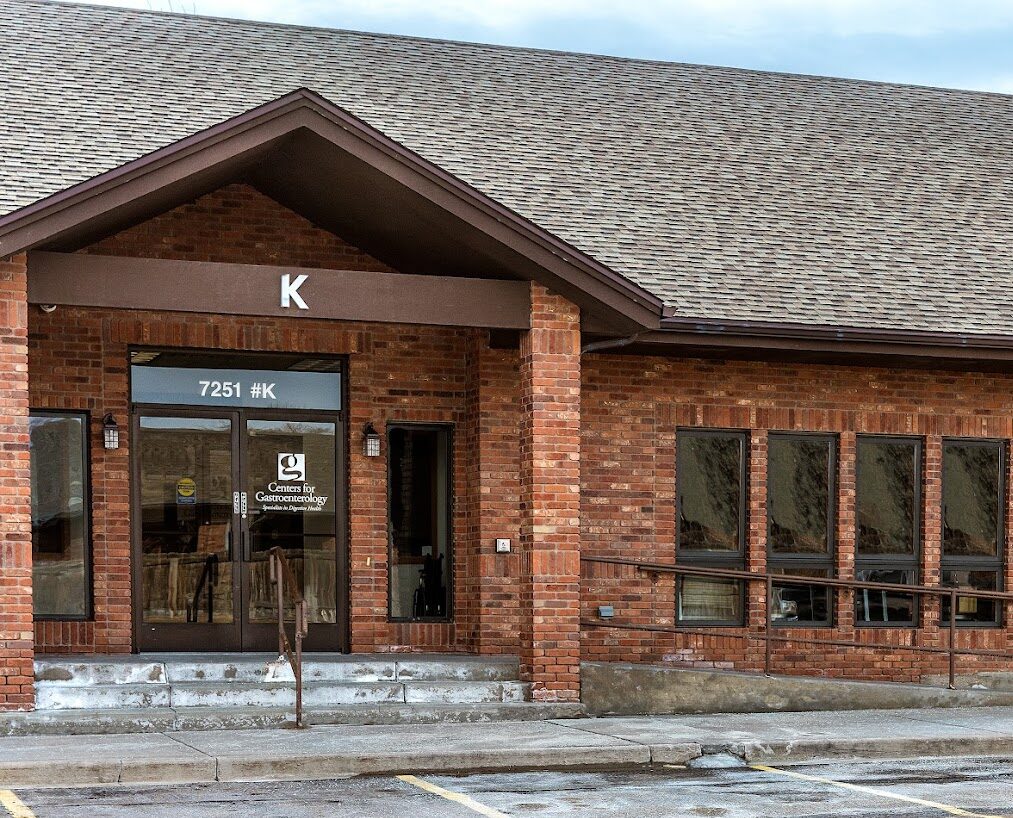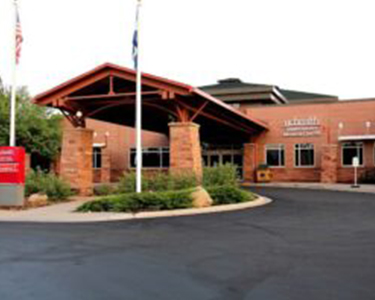Here’s a sobering fact for you: Colorectal cancer is the second leading cause of cancer deaths among men and women combined in the United States. Only lung cancer claims more victims.
Each year, more than 150,000 Americans will be diagnosed with colon cancer, and nearly 53,000 will die. For perspective, consider that 1 in 23 men and 1 in 25 women will be diagnosed with colorectal cancer during their lifetime.
So, it’s not surprising that doctors are strongly encouraging colonoscopies as the first line of defense against colorectal cancer. When detected early, colorectal cancer is very survivable. And the people of Northern Colorado, southern Wyoming, and western Nebraska are lucky enough to have a top group of doctors specializing in this area right in their back yard at the Centers for Gastroenterology.
“People need to know that anyone can get this type of cancer, but early detection through prevention and screening is proven to reduce deaths,” said Dr. Ana Huerta Alardin, one of 13 highly trained gastroenterologists working out of offices in Fort Collins, Greeley, and Loveland. “That’s where we come in.”
The Colonoscopy
The most important tool in the fight against colorectal cancer is the colonoscopy. This procedure features a flexible camera scope inserted through the rectum to examine the patient’s colon. The outpatient procedure usually takes around 30 minutes, and patients can go home after a short (30 to 60 minutes) stay in the recovery room.
The colonoscopy, Huerta Alardin said, is the preferred screening method because it is the only test that can potentially prevent colon cancer before it starts by removing precancerous polyps in the colon.
Polyps are small clumps of cells that form in the colon lining. Most are noncancerous, but some develop into cancer if not removed. The flexible camera used in the colonoscopy is equipped to remove the polyps quickly and safely.
“Most colorectal cancer develops from noncancerous polyps,” Huerta Alardin said. “Many times, colorectal cancer does not present any symptoms until it has advanced. However, the cancer can be prevented or cured if it is detected early.”
Why the “Who” Matters
Lots of doctors have received at least some level of training in gastroenterology, and many of them are capable of performing a colonoscopy. But a study published in Gastrointestinal Endoscopy Journal in 2018 revealed that doctors formally trained in the field – such as those at the Centers for Gastroenterology – are better equipped to detect and treat colon polyps than those without formal training.
The study found that doctors with a higher adenoma (benign tumor) detection rate (ADR) are more proficient at detecting and treating precancerous polyps. Doctors with a higher ADR are more likely to find and remove potentially dangerous polyps, which leads to higher survival rates for patients.
The doctors at the Centers for Gastroenterology carefully track their ADR in a constant effort to improve the quality of their care. Together they perform more than 20,000 colonoscopies each year.
“We are all fellowship-trained, board-certified gastroenterologists who provide the highest quality colonoscopies,” Huerta Alardin said. “We measure and follow our quality very closely. For every 1% increase in a doctor’s ADR, a patient’s risk for developing colon cancer over the next year decreases by 3%. So, patients of doctors who are proficient at finding and removing precancerous polyps are less likely to get colon cancer. And all of our physicians well exceed national benchmarks for detecting precancerous colon polyps.”
Next Steps
In the past, adults age 50 and over were encouraged to get a colonoscopy screening every 10 years. Studies have shown, however, that 1 in 3 adults in the 50-75 age group are not up to date on screenings. However, in May the American Cancer Society and U.S. Preventative Services Task Force officially updated their recommendations and are now recommending colonoscopies starting at age 45.
By moving the screening age to 45, the Preventative Services Task Force is hoping to address disturbing numbers that have seen 10.5% of colorectal cancer cases in people under age 50 and a nearly 15% increase in cases among those 40-49 over the past 20 years.
“It is predicted that 150,000 Americans will be diagnosed with colorectal cancer in 2021,” she said. “We at the Centers for Gastroenterology are committed to decreasing this number by providing high-quality exams and care for our friends, neighbors, and residents of our communities. People need to know that colorectal cancer often does not present symptoms but is curable when detected early.”






